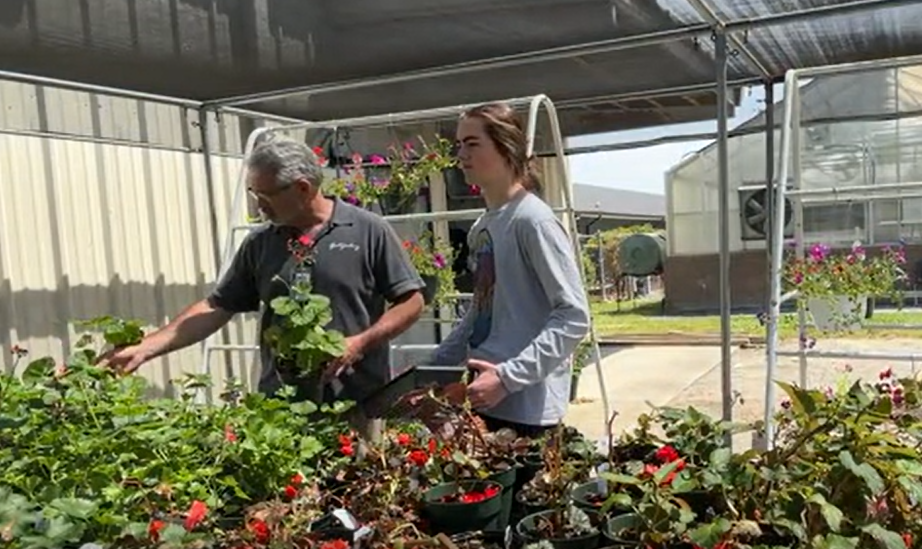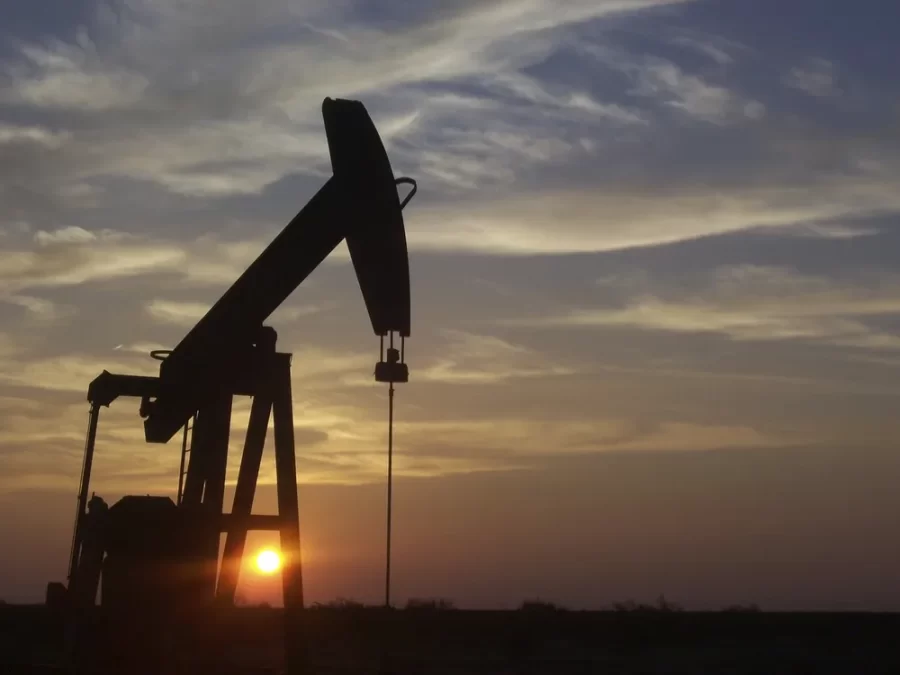OPINION: Willow Project Environmental Damage Not Worth Economic Benefits
The Biden administration recently approved the Willow Project — a 30-year long project in Alaska’s Northern Slope Petroleum reserve. At its peak, 180,000 barrels of oil will be produced a day. Although Conocophillips and many Alaskans are in support of the project, stating it’ll bring roughly 3,000 jobs to the community, the irreversible destruction to the environment is not worth the economic benefits and makes it a bad decision by President Biden.
Over the span of the project, 600 million barrels of oil are expected to be produced, according to Conocophillips. During its lifetime it’ll supply 1.5% of the United States total oil. On the contrary, however, the Biden administration claimed to have the goal of running off of 80% renewable energy by the 2030s. With this project approved, Inside Climate Change notes that a 98-megawatt natural-gas fired power plant will be used, turning the administration away from their climate goals.
Likewise, 263 million tons of greenhouse gases will be produced over the span of the project, which equates to the emissions of 1.7 million passenger cars, AP News said. This has led to many environmentalists referring to the project itself as the “carbon bomb.” While drilling oil has been popular for well over 100 years, excess greenhouse gases (carbon dioxide, methane, etc.) trap a surplus of warmth and heat in the Earth’s atmosphere, thus causing the climate to rise.
Despite this, many Alaskans, politicians, and state lawmakers are supporting the project for its economic benefits. The Willow Project will generate taxes for Alaskan communities to invest in infrastructure and public services. According to Conocophillips, roughly 3,000 jobs will also be created, 300 of which will be long-term. While some Alaskans may benefit economically, Action Network points out that “[t]he noise, traffic, and pollution the project brings will disrupt ecosystems that Indigenous Alaskans have relied on for millennia. And the project threatens the already vulnerable caribou population — a vital resource many native communities rely on,” refuting economic benefits.
The Arctic warms 2.5 times faster than the global average, and the government should not be sacrificing it for the good of the economy. Alaska’s ecosystems will be devastated by the project, which takes up a 23 million-acre strip of land — the largest track of undisturbed land in the United States. Voicing opposition to the project is essential to preventing similar projects being approved. People should get in touch with an advocacy group, contact their local representatives, and write to the White House to voice their environmental concerns as we reach for a cleaner future.

Sarah is a senior who joined Journalism because she’s passionate about writing and wanted to experiment with a different style. She enjoys reading books,...
























